Question And Answer
Publications
Articles, publications, books, tools and multimedia features from the U.S. Institute of Peace provide the latest news, analysis, research findings, practitioner guides and reports, all related to the conflict zones and issues that are at the center of the Institute’s work to prevent and reduce violent conflict.
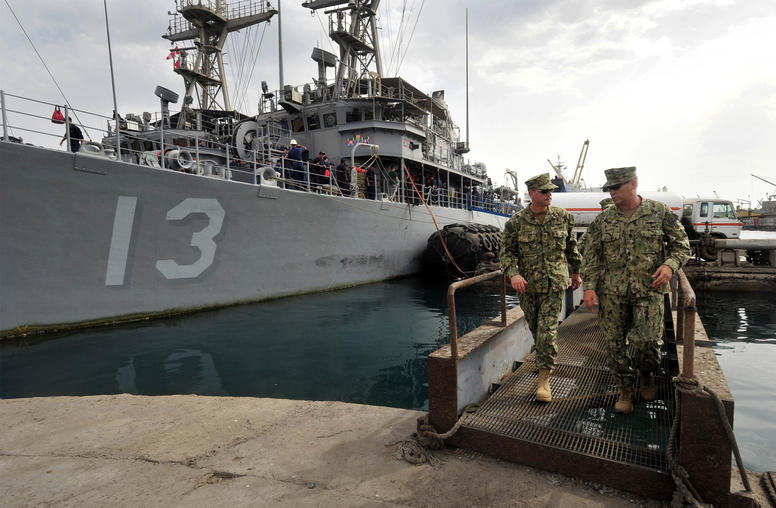
In Red Sea Region, Competing Outside Powers Complicate U.S. Interests
David Shinn, a former U.S. ambassador to Ethiopia and Burkina Faso, examines how great and regional power competition is impacting political and security dynamics in the Horn of Africa and complicating U.S. interests in the region.
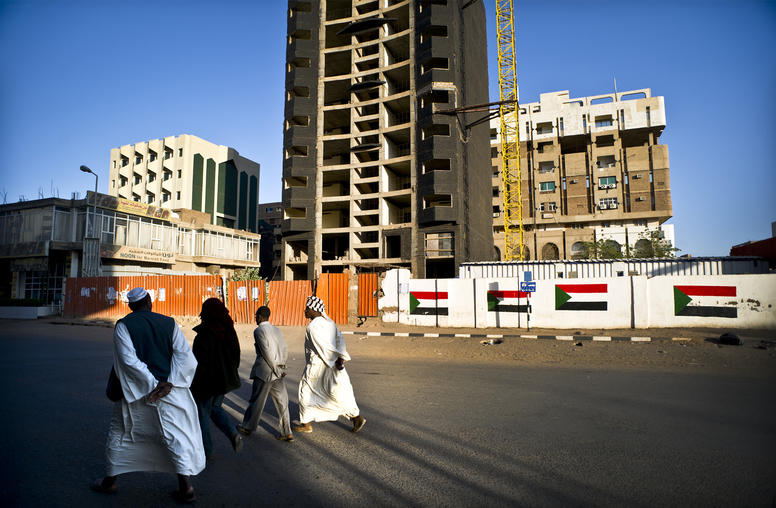
Reforming the U.S.-Sudan Relationship Requires a Regional Strategy
On November 7, the U.S. Department of State announced long-awaited plans outlining a path to better relations with Sudan, “designed to expand our bilateral cooperation, facilitate meaningful reforms to enhance stability in Sudan, and achieve further progress in a number of areas of longstanding concern.” USIP’s Aly Verjee and Payton Knopf discuss the initiative, and identify where broader U.S. regional objectives could cohere, including in the war in Yemen.
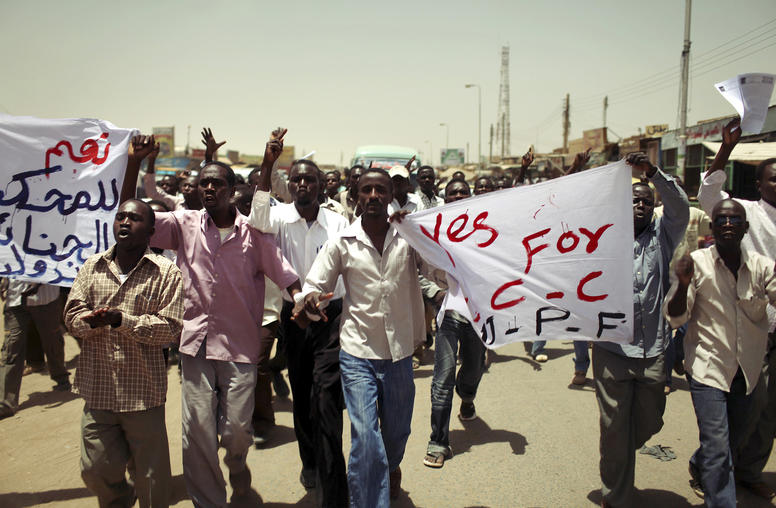
After Bashir, A New Dawn in Sudan? (Part 1)
Longtime Sudanese dictator Omar al-Bashir was ousted last Thursday, 30 years after he took power in the same fashion he was overthrown: by a military coup. The military takeover was spurred by months of popular protests over rising food prices, economic mismanagement and demands...

After Bashir, A New Dawn in Sudan? (Part 2)
Longtime Sudanese dictator Omar al-Bashir was ousted last Thursday, 30 years after he took power in the same fashion he was overthrown: by a military coup. The military takeover was spurred by months of popular protests over rising food prices, economic mismanagement and demands for a...
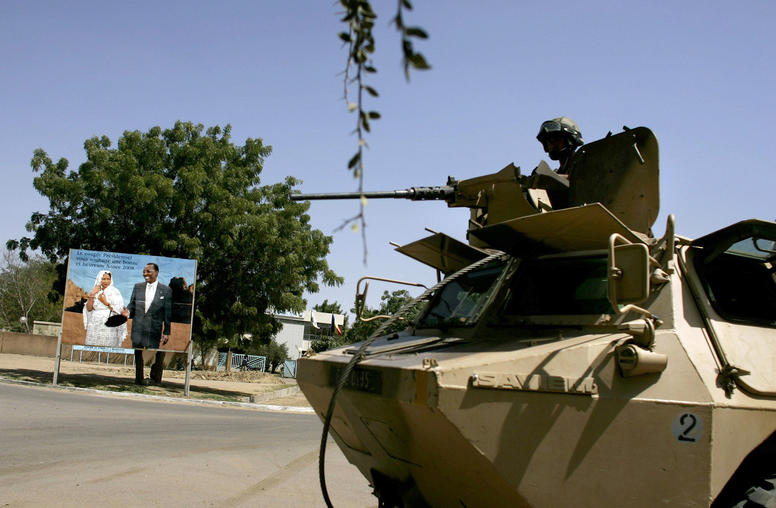
Chad, and Darfur, After Bashir
The politics of the Central African nation of Chad are closely connected with those of Sudan, most prominently because of Darfur, the vast and troubled Sudanese region which borders Chad to the east. The recent fall of Sudan’s president Omar al-Bashir—in power since 1989—raises questions about the future of Chad’s president and U.S. ally, Idriss Déby, beset by similar governance challenges and in power since 1990. Jérôme Tubiana, co-author of a 2017 USIP report on Chad, and USIP’s Aly Verjee discuss the implications of political change in Sudan for Chad.
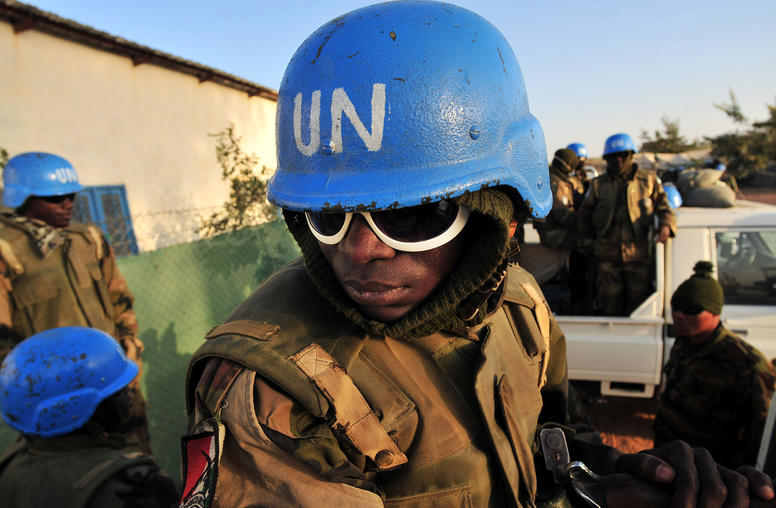
In Downsizing the UN–AU Mission in Darfur, First Do No Harm
Sudanese security forces attacked Khartoum’s central protest site on Monday, killing at least 35 civilians. The transitional military council (TMC), the junta which in April toppled Sudan’s longtime p
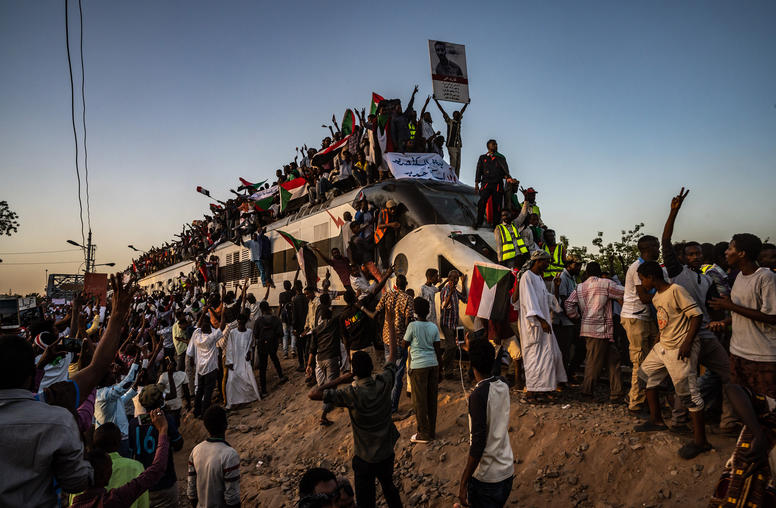
Sudan Remains at a Stalemate After the Military’s Crackdown
It’s been over two months since Sudan’s longtime dictator, Omar al-Bashir, was overthrown by the country’s military following months of popular protests. On June 3, the Transitional Military Council (TMC)—which has been ruling since Bashir’s ouster—escalated its lethal crackdown on peaceful protesters in Khartoum and other cities. The protesters say that their demand is the same as before—a transition to civilian rule—but that they will not negotiate with the TMC unless it first meets certain conditions. What’s happening in Sudan? When will negotiations on the country’s transition resume? How can the international community help? USIP’s Elizabeth Murray discusses the latest on the situation in Sudan.
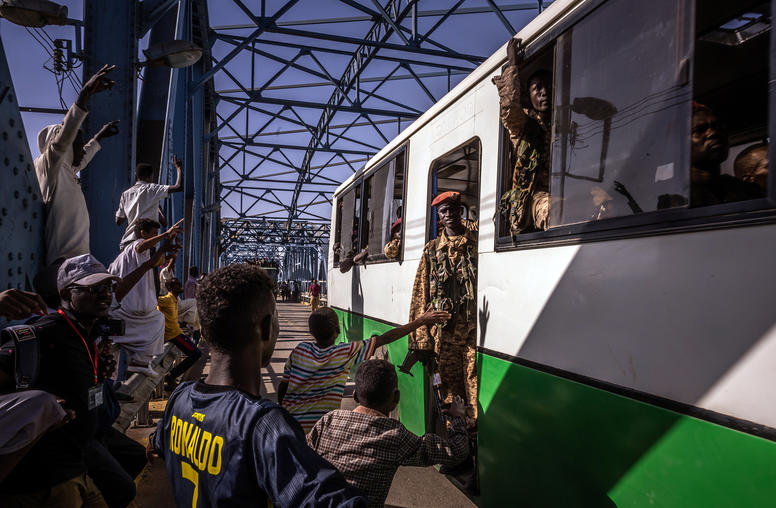
Reported Coup Attempt Complicates an Already-Tenuous Transition in Sudan
USIP’s Joseph Tucker examines who may have been behind the plot, their possible motives, how the failed coup affects the national conversation over the role of the military in Sudan and what can be done to shore-up the country’s democratic transition.
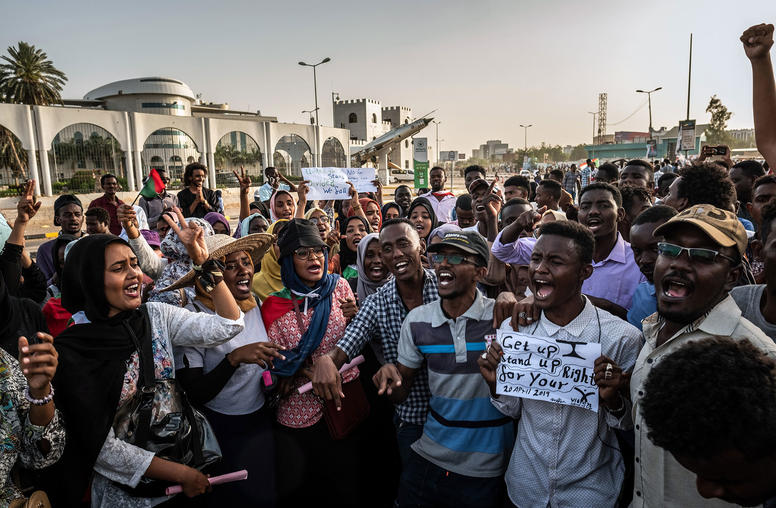
Dissecting Sudan’s Coup
On October 25, Sudan’s military detained the country’s prime minister and key civilian leaders, dissolved the government and declared a state of emergency. The coup, which has put in doubt Sudan’s transition to democracy, quickly prompted protests in the streets of the capital Khartoum and other cities. Some protesters were killed after being fired on by security forces and calls for mass protests on October 30 are growing. USIP’s Joseph Tucker and Manal Taha analyze what the latest developments in Sudan mean for the country and consider the options for the United States to respond to this crisis.
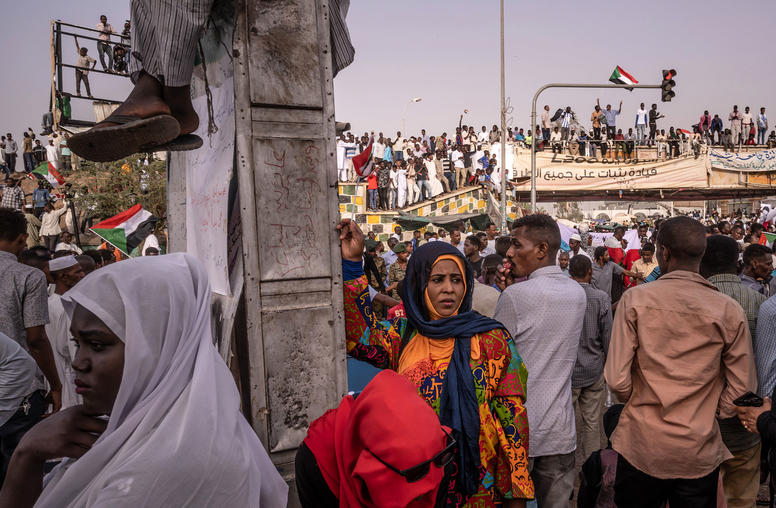
Putting Sudan’s Political Transition Back on Track
Sudan has been ruled by the military for 53 of the 66 years since it gained independence in 1955. On October 25, the military, in a familiar move, seized power throwing into question the political transition that would result in civilian rule. The civilian cabinet was dissolved, its leaders arrested and a state of emergency declared. Coup leader Gen. Abdel Fattah Burhan cited well-worn excuses to justify his actions. Ousted Prime Minister Abdalla Hamdok was later reinstated to lead a technocratic cabinet until elections scheduled for July 2023.